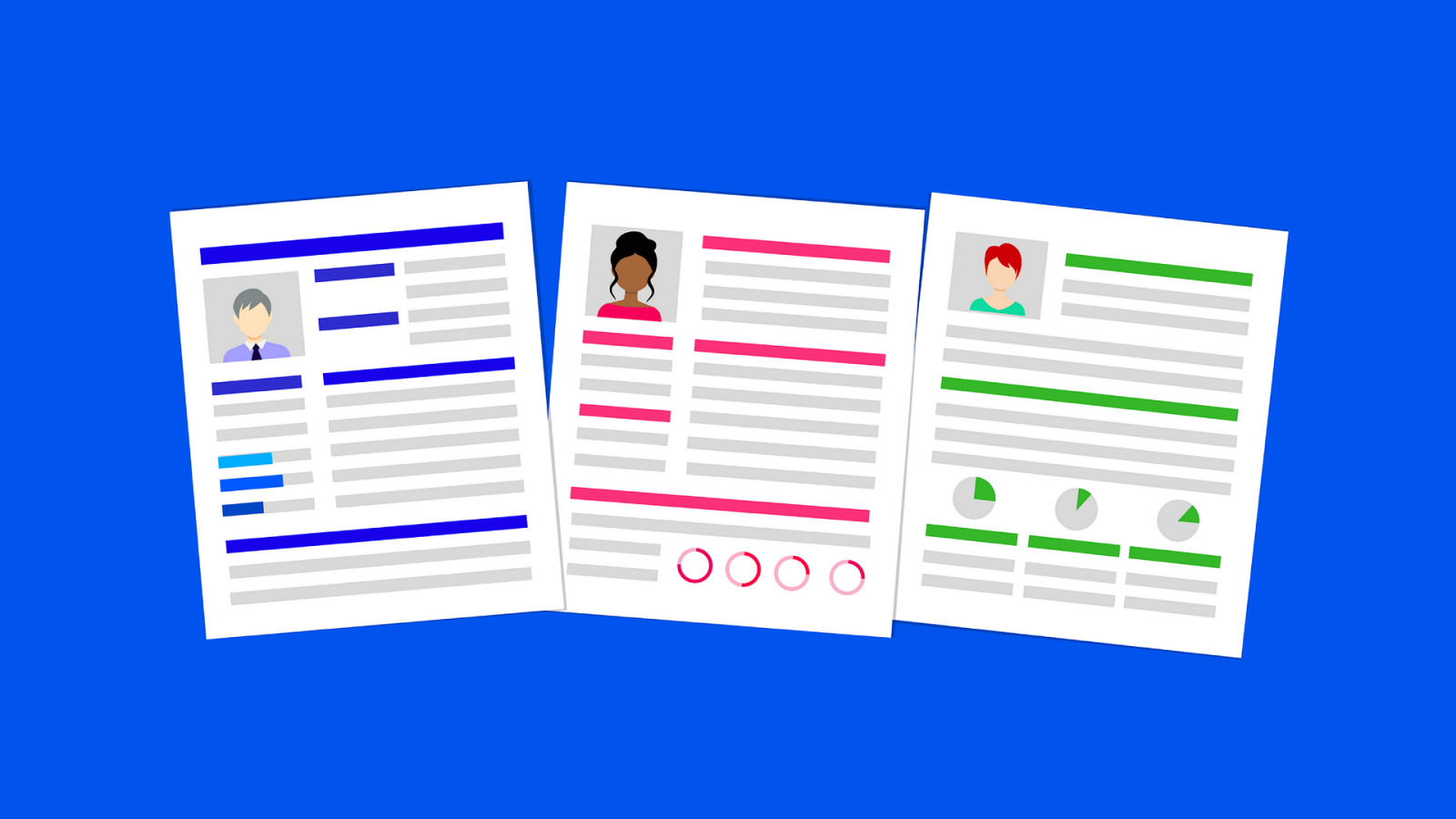With 2022 winding down, it is time to set our sights on and our intentions for 2023. Qualtrics’ global government experience trends report gives us insights into the emerging challenges and opportunities we can expect in the coming year. As government leaders, we continue to be in a race for time to restore trust in government and safeguard our democratic institutions — the most fundamental prerequisite to a competitive economy and healthy society. If we focus now on understanding the root causes of what people — both residents and employees — are experiencing, we can seize this moment to drive lasting improvements for future generations. How does the data point the way?

- We’ll continue to see fierce competition for talent, who will continue to be choosy about where they work.
Labor market demand shows no sign of slowing down, as data suggests many employees are exiting the labor force either to focus on other needs in their lives, or to reskill toward a new occupation with less stress and better compensation. Fewer government employees intend to stay in public service than last year. People have decided to either retire or go in search of employers offering robust benefits, including the work-life flexibilities that the pandemic taught people to value and expect. Employees report burnout at unprecedented levels — why? Because they don’t have the tools and resources to achieve the mission they came to serve. The “Fix My Computer” meme earlier this year was just one voice of literally thousands — if not millions — of public servants whose organizations have been under-resourced for years, and who are fed up with having to “do more with less” (which is literally impossible, yet somehow expected of government). Getting technology right for employees is the most fundamental part of equipping them for their jobs — and starts with listening to what’s happening with their tools today.
- The exodus of workers — and our continued struggle to recruit new talent — is an immediate call to action to fix our work experiences and the hiring process.
It’s wild that the very people government needs to recruit — early career professionals with fresh skills, energy, and passion to make a difference — feel they are underqualified for government jobs. The problem is fixable: Job announcements must be rewritten to show that skills and non-work experience count as qualifications for the jobs available. Our recent study of how candidates experience the government hiring process also shows fixable problems: confusing digital hiring tools that people have trouble accessing, lack of information on how to prepare for assessments, and minimal diversity in the leaders and managers doing the interviewing and selection. All of these are fixable as well, starting with investing in new hiring tools designed for modern users, including those needing accessibility support. Provide meaningful information about the assessment process and how to prepare. Bring more diverse leaders into the hiring process, and provide unconscious bias training to anyone in a position to make a selection of our most important resource — our future talent.
- Every transaction with citizens matters — and must meet their expectations.
Every government employee I have worked and interacted with has told me they come to government to solve complex challenges and serve people — not to push paper. Government organizations have massive opportunities to reengage their workforce by digitizing the transactions that don’t require human intervention — preserving employees’ time for the uniquely human skills required for the unexpected, outlier, and more complex requirements of their mission. Designing digital interactions with the customers who need them, using proven methods and tools in human-centered design, is the first step toward building the customer-focused culture that will retain passionate public servants. Governments around the world are achieving breakthrough results through a human-centered approach to digital services — including the government of New South Wales, which has successfully designed cross-agency journey orchestration anchored in its “tell us once” policy.
- Listening is the core competence of government.
According to the Qualtrics study, 72% of those seeking government services said that governments must do a better job of listening. As a result, people trust their governments less than they trust any other industry studied. Yet of all the industries that should focus on trust, government stands out as the most important. The social capital that government trust creates has been demonstrated through decades of political science and economics research to deliver improved societal outcomes. I know that some leaders and managers may believe that “trust in government” is so abstract they shouldn’t be measured against it. But think again: How do you achieve any of your outcomes if residents and employees don’t trust you to be accountable and responsive to their needs?
So as we head full steam into 2023, let’s all realize that the job of government isn’t just about delivering programs and services. It’s also about reassuring the public that their government is stable, predictable, and responsive. This means investing in government capabilities — tools, infrastructure, and talent. We’ve solved harder problems — we can solve this one.
Dr. Sydney Heimbrock is Chief Industry Advisor for Government at Qualtrics, where she uses her global experience transforming governments through investments in workforce development and policy reform to help federal, state and local government organizations design experiences that build public trust.





Great point on listening! You can take that point further by advising government agencies to invest in better customer education programs – https://www.skilljar.com/customer-education/